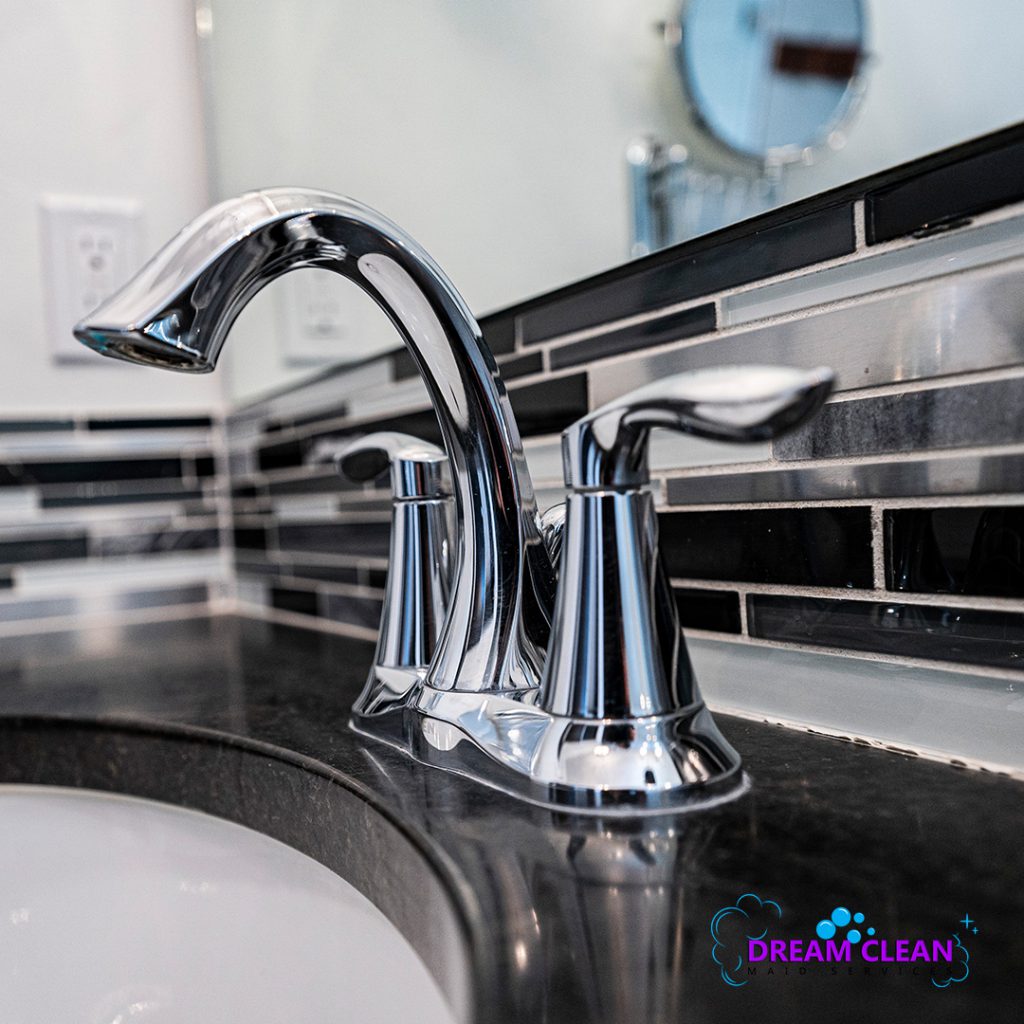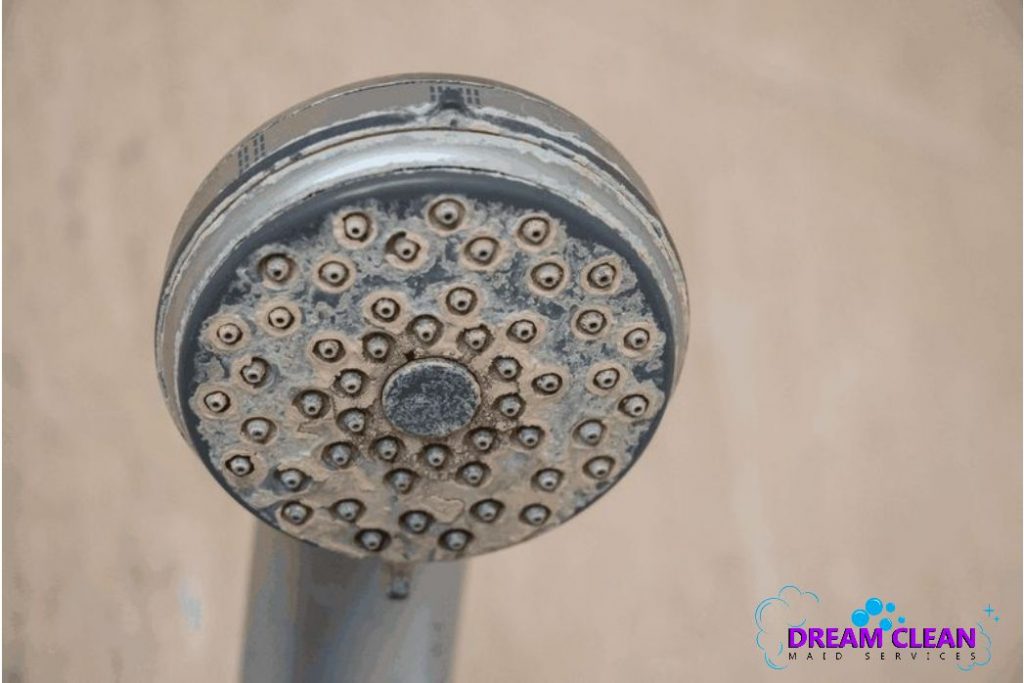
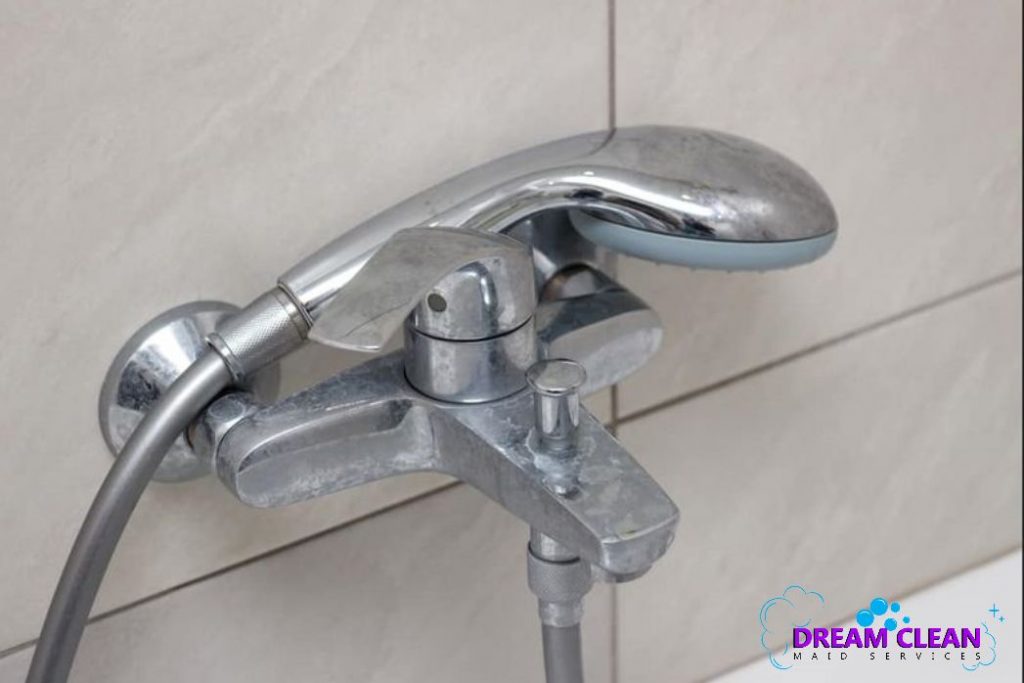
Table of Contents
Understanding Hard Water
Understanding Hard Water Stains: Hard water stains are mineral deposits that form on surfaces due to the presence of dissolved minerals, such as calcium and magnesium, in the water supply.
These stains typically appear as white or brownish spots or streaks on glass, fixtures, showerheads, tiles, and grout. The minerals in hard water can build up over time, leaving behind unsightly stains that can be difficult to remove. Hard water stains are commonly caused by prolonged exposure to water with high mineral content, and they are often found in areas with hard water sources.
Understanding the nature and causes of hard water stains is crucial in implementing effective removal strategies.
Removing Hard Water
Tools and Supplies You Will Need
To tackle hard water stains, you’ll need a few essential tools and supplies.
Vinegar is a versatile and effective cleaner that ca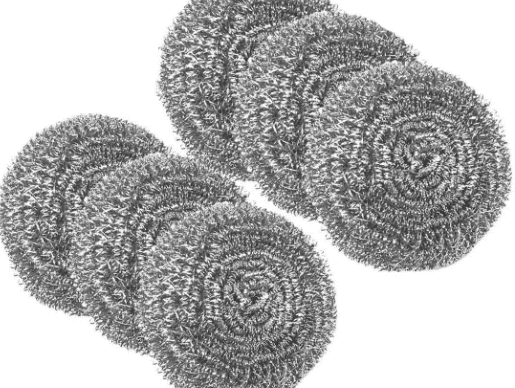 n dissolve mineral deposits. Lemon juice, with its natural acidity, can also help break down stains. Baking soda acts as a gentle abrasive and can be used as a cleaning agent. Soft-bristle and scrub brushes are useful for scrubbing surfaces without causing damage. Microfiber cloths are ideal for wiping and drying. A spray bottle can be used to apply cleaning solutions. Rubber gloves protect your hands during the cleaning process. Plastic wrap can be used for wrapping fixtures to allow cleaning solutions to work effectively. Hydrogen peroxide and cream of tartar can be combined to create a powerful cleaning scrub, while citric acid is a great alternative for tackling stubborn stains. Having these tools and supplies ready will ensure you have everything you need to effectively remove hard water stains.
n dissolve mineral deposits. Lemon juice, with its natural acidity, can also help break down stains. Baking soda acts as a gentle abrasive and can be used as a cleaning agent. Soft-bristle and scrub brushes are useful for scrubbing surfaces without causing damage. Microfiber cloths are ideal for wiping and drying. A spray bottle can be used to apply cleaning solutions. Rubber gloves protect your hands during the cleaning process. Plastic wrap can be used for wrapping fixtures to allow cleaning solutions to work effectively. Hydrogen peroxide and cream of tartar can be combined to create a powerful cleaning scrub, while citric acid is a great alternative for tackling stubborn stains. Having these tools and supplies ready will ensure you have everything you need to effectively remove hard water stains.
Removing Hard Water Stains from Glass
Method 1: Vinegar Solution – Start by preparing a solution of equal parts vinegar and water in a spray bottle. Spray the solution onto the glass surface and let it sit for a few minutes to allow the vinegar’s acidic properties to break down the mineral deposits. Then, use a soft-bristle brush or a scrub brush to gently scrub the stains in circular motions. Rinse the glass with clean water and dry it using a microfiber cloth or lint-free towel. For stubborn stains, repeat the process or try Method 2.
Method 2: Lemon Juice and Baking Soda Paste – Create a paste by mixing lemon juice and baking soda until you achieve a thick consistency. Apply the paste directly onto the stained areas of the glass, ensuring full coverage. Allow the paste to sit for about 10 minutes to penetrate the stains. Then, using a soft-bristle brush or sponge, scrub the glass surface in small circular motions. Rinse the glass thoroughly with water and dry it using a microfiber cloth. The acidic properties of lemon juice combined with the gentle abrasiveness of baking soda will help remove the hard water stains effectively.
Removing Hard Water Stains from Showerheads
Method 1: Vinegar Soak – Start by removing the showerhead from the wall or arm. Place it in a bowl or plastic bag filled with vinegar, ensuring that the showerhead is fully submerged. Let it soak for approximately 1-2 hours, allowing the vinegar to dissolve the mineral deposits. After soaking, use a soft brush or toothbrush to scrub away any remaining residue. Rinse the showerhead thoroughly with water to remove any vinegar traces. Reinstall the showerhead, and you’ll notice improved water flow and a cleaner surface.
Method 2: Citric Acid Solution – Prepare a solution by mixing equal parts of hot water and citric acid powder in a container that can accommodate the showerhead. Submerge the showerhead in the solution and let it sit for about 30 minutes to an hour, allowing the citric acid to dissolve the hard water deposits. Use a brush to gently scrub the showerhead, paying attention to the nozzles and crevices. Once the stains are loosened, rinse the showerhead thoroughly with water to remove any remaining residue. Reattach the showerhead, and you’ll have a clean and fully functional showerhead.
Removing Hard Water from Tile and Grout
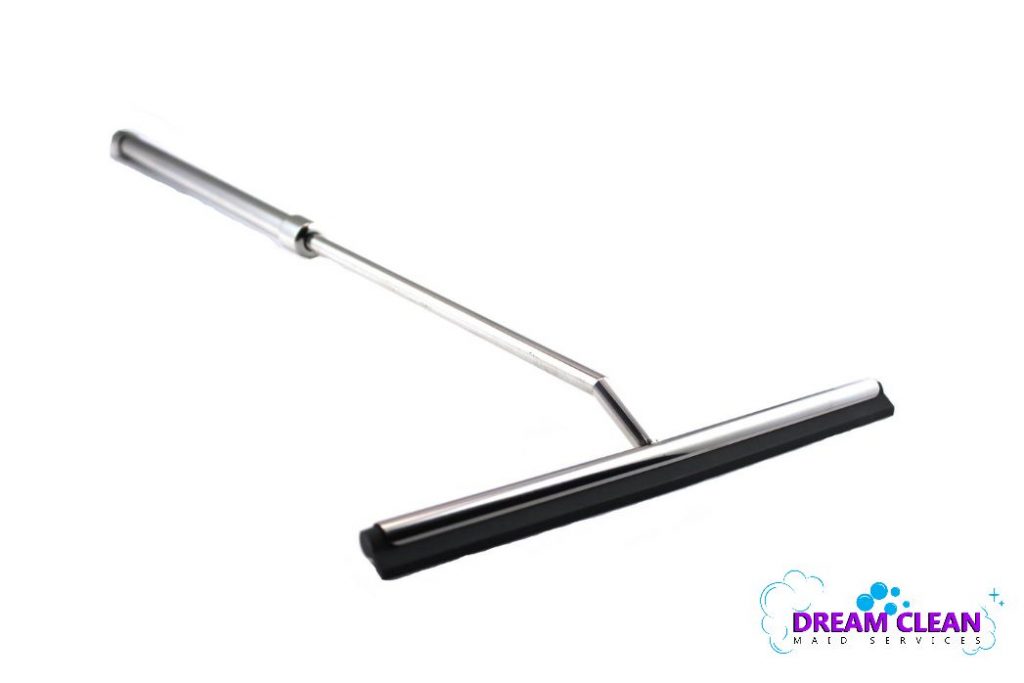 Method 1: Baking Soda and Vinegar Paste – In a bowl, mix equal parts baking soda and vinegar to create a paste. Apply the paste to the hard water stains on the tiles and grout, making sure to cover the affected areas. Let it sit for about 15-20 minutes to allow the mixture to penetrate the stains. Then, use a scrub brush or toothbrush to scrub the stains in a circular motion. Rinse the tiles and grout with clean water and wipe them dry. The combination of baking soda’s gentle abrasiveness and vinegar’s acidic properties helps to dissolve and lift the hard water stains effectively.
Method 1: Baking Soda and Vinegar Paste – In a bowl, mix equal parts baking soda and vinegar to create a paste. Apply the paste to the hard water stains on the tiles and grout, making sure to cover the affected areas. Let it sit for about 15-20 minutes to allow the mixture to penetrate the stains. Then, use a scrub brush or toothbrush to scrub the stains in a circular motion. Rinse the tiles and grout with clean water and wipe them dry. The combination of baking soda’s gentle abrasiveness and vinegar’s acidic properties helps to dissolve and lift the hard water stains effectively.
Method 2: Hydrogen Peroxide and Cream of Tartar Scrub – Combine hydrogen peroxide and cream of tartar to create a thick paste. Apply the paste directly to the hard water stains on the tiles and grout, ensuring even coverage. Let it sit for approximately 15 minutes to allow the mixture to break down the mineral deposits. Using a scrub brush or toothbrush, scrub the stains vigorously, focusing on the affected areas. Rinse the tiles and grout thoroughly with water and wipe them dry. The combination of hydrogen peroxide and cream of tartar acts as a powerful stain remover, effectively eliminating hard water stains from tiles and grout.
Preventing Future Hard Water Stains
Preventing Future Hard Water Stains: To minimize the occurrence of hard water stains, consider implementing the following preventive measures:
- Water Softeners: Install a water softener system in your home to reduce the mineral content in the water supply. Water softeners work by removing calcium and magnesium ions, which are responsible for the formation of hard water stains. This can significantly reduce the likelihood of future stains on surfaces throughout your home.
- Regular Cleaning and Maintenance: Establish a routine for regular cleaning and maintenance of the affected areas. Wipe down surfaces prone to hard water stains, such as glass, fixtures, and tiles, on a weekly basis. Regular cleaning prevents the build-up of mineral deposits and makes subsequent cleaning tasks easier.
- Wiping Down Surfaces: After using water on surfaces, such as glass shower doors or faucets, make it a habit to wipe them down with a microfiber cloth or squeegee. This simple step helps remove water droplets and prevents the minerals from drying and leaving behind stubborn stains.
- Using Protective Coatings or Sealants: Consider applying protective coatings or sealants to surfaces susceptible to hard water stains. These products create a barrier that repels minerals and makes it easier to clean surfaces. Look for appropriate coatings or sealants designed for specific materials, such as glass or tile, and follow the manufacturer’s instructions for application.
